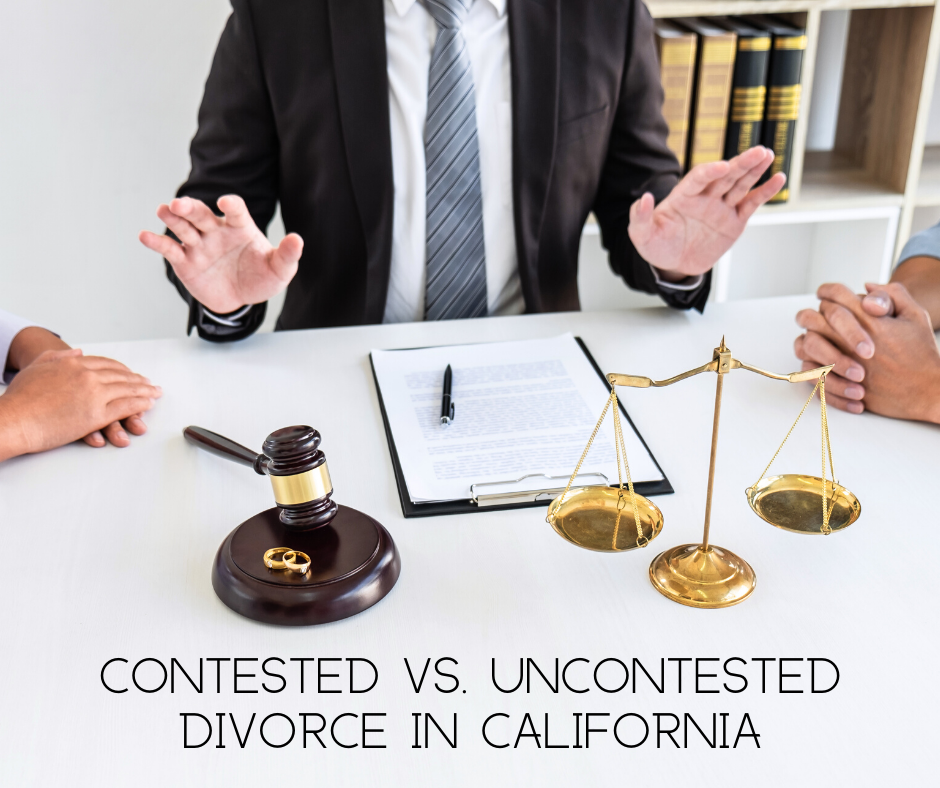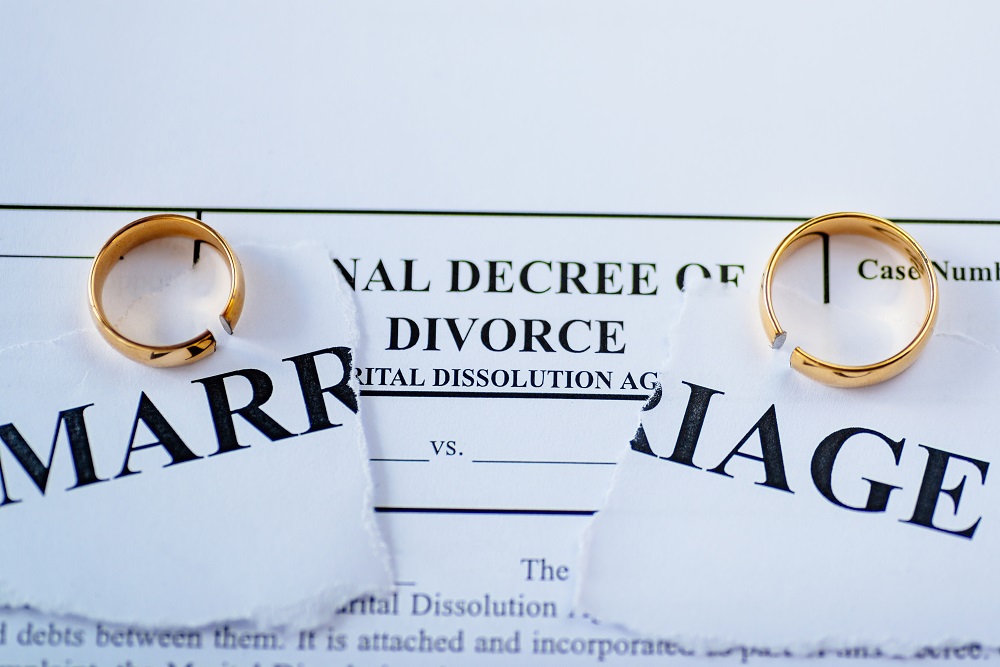 Divorce
Divorce
Debt and Divorce in California
The division of debt can be one of the most contentious issues of divorce, so it’s imperative that you work with a Stockton divorce lawyer who understands how to negotiate and who’s willing to fight hard for your rights.
But how is debt divided in a divorce in California, and what can you do to make the negotiation process easier?
Debt and Divorce in California
California is a community property state, which means there are two main types of property in – joint and separate. There’s another type of property classified as quasi-community property, as well, but it is less common than joint and separate property.
Debt is treated like property in a divorce in California.
Joint Debt
Joint debt, which is typically handled a lot like joint property is, is debt that you and your spouse accrued together during the course of your marriage.
Separate Debt
Separate debt, which is also handled like separate property is, is debt that you and your spouse brought into your marriage from the time you were single.
Quasi-Community Debt
Quasi-community debt refers to debts accrued by either spouse while they’re living outside the state of California that would ordinarily be considered community debt if it was accrued while the spouse was living in California.
Special Types of Debt
The courts apply special rules to some types of debt in a California divorce, including:
- Student loans
- Support payments from previous relationships
- Criminal fines and restitution
- Business debts
Student Loans
Family Code Section 2641 says that student loans are generally assigned to the spouse who obtained the education. However, if both partners substantially benefited from the education before they separated, sometimes the court assigns the debt to the spouse who did not obtain the education, or orders the two parties to split the debt in some way.
In some cases, the court orders the person who received the education to reimburse his or her spouse for contributions that the spouse made; that typically only happens when the other party didn’t substantially benefit from the education.
Support Payments From Previous Relationships
In a divorce, support payments from previous relationships – spousal support and child support – are assigned to the original person who owes them. If your spouse owes child support from a previous relationship, for example, you won’t have to pay any of it after your divorce, even if he or she is in arrears.
Criminal Fines and Restitution
If your spouse owes money for criminal fines or restitution, whether or not those debts were accrued during or before the marriage, are assigned to the spouse who incurred the debt.
Business Debt
If a business is partly community and partly separate property, division of the debt can be incredibly tricky. There are several methods used to value property and involved in dividing business debts, but in most cases, it’s best to work with a skilled, knowledgeable Stockton divorce lawyer who understands what professionals can help most.
Do You Need to Talk to an Attorney About Dividing Debts in Your Divorce?
If you’re divorcing and need to divide your debts, we can help you.
It’s our mission to help you reach a fair and just settlement, so please call us at 209-910-9865 or contact us online to schedule an appointment with an attorney.
















